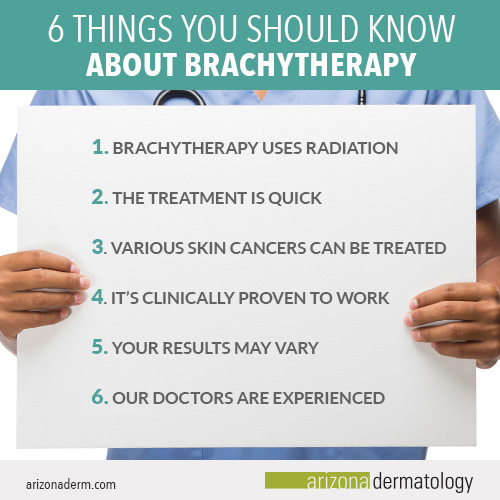Did you know that nearly 85% of people experience acne eventually in their lives? When you're confronted with this common skin problem, choosing between prescription and non-prescription (OTC) therapies can be challenging. Each choice has its very own collection of benefits and downsides, which can significantly affect your skin's wellness. So, exactly how do you figure out which treatment straightens best with your demands? Recognizing source for this article and what they imply for your one-of-a-kind circumstance could simply hold the answer.
Key Distinctions Between Treatments
When it involves acne treatments, understanding the vital differences can make a substantial effect on your skin's health.
You'll find two main classifications: over the counter (OTC) and prescription treatments. OTC choices, such as benzoyl peroxide and salicylic acid, are conveniently available and often tend to be less extensive. They commonly work by unclogging pores and lowering inflammation, making them ideal for moderate to moderate acne.
On the other hand, prescription therapies generally have more powerful energetic components, like retinoids or anti-biotics, and are tailored for more extreme situations. These therapies often call for a skin specialist's assistance, enabling them to target specific skin concerns effectively.
The toughness and formula of prescription alternatives can result in quicker results yet may likewise feature a higher threat of negative effects.
You need to also consider your skin kind and any kind of level of sensitivities when choosing a therapy. For example, if you have delicate skin, OTC therapies may be a gentler starting factor.
Eventually, understanding these differences assists you make notified options about your acne treatment trip and leads you toward clearer skin.
Advantages and disadvantages of Prescription Alternatives
Prescription alternatives for acne treatment included both benefits and disadvantages that you should consider thoroughly.
One significant pro is their strength. Prescription drugs commonly contain greater focus of active ingredients, which can lead to faster and much more reliable results compared to over-the-counter (OTC) products. You could additionally find that prescriptions are tailored to your specific skin kind and acne seriousness, offering a more tailored method.
On the other hand, these treatments can feature significant drawbacks. For one, they might have negative effects ranging from light inflammation to more major issues, which you need to monitor very closely.
In coolsculpting gone wrong , prescription therapies can be extra pricey, particularly if your insurance policy doesn't cover them. You may likewise deal with obstacles in obtaining a prescription, as it calls for a browse through to a healthcare provider, which can be time-consuming and troublesome.
Benefits of OTC Therapies
OTC treatments often supply a practical and obtainable service for handling acne. https://charlieouaej.blogsvila.com/32868550/damage-without-the-cycle-of-acne-with-expert-ideas-customized-for-each-skin-kind-and-find-the-secrets-to-achieving-more-clear-skin can conveniently discover these items in pharmacies, supermarket, or online, making them conveniently offered over the counter. webpage of access implies you can begin your acne treatment whenever you require to, without waiting for a physician's appointment.
An additional significant benefit of OTC treatments is their affordability. Several over-the-counter choices are budget-friendly, allowing you to discover different formulations without breaking the financial institution. You can try various products to see what works best for your skin type.
OTC therapies additionally are available in a variety of formulas, including gels, creams, and cleans. This selection enables you to pick a product that fits your lifestyle and preferences. Numerous include energetic ingredients like benzoyl peroxide or salicylic acid, which work in treating acne.
Finally, you have the flexibility to readjust your program based upon your skin's reaction. If one item isn't functioning, you can conveniently switch over to one more without a prolonged assessment process. This flexibility equips you to take control of your acne administration trip.
Final thought
Ultimately, picking between prescription and OTC acne treatments really comes down to your special skin demands and situations. While prescriptions could feel like the gold ticket for quick outcomes, OTC alternatives use an even more accessible course, letting you take control of your skincare trip. Welcome the flexibility of OTC items or think about the customized technique of prescriptions-- either way, you're taking a positive action towards more clear skin and improving your self-confidence in the process.
